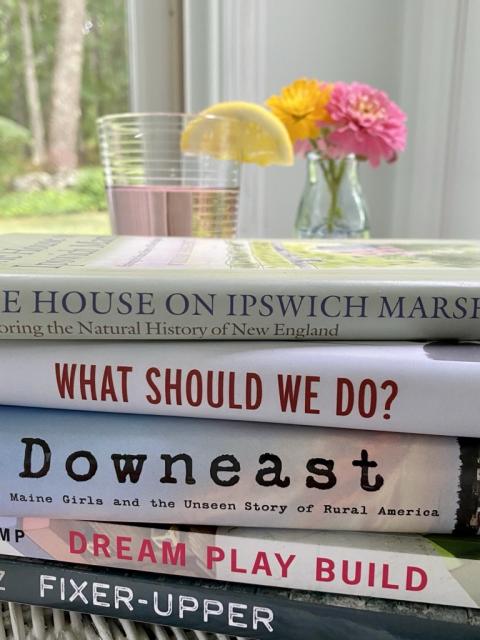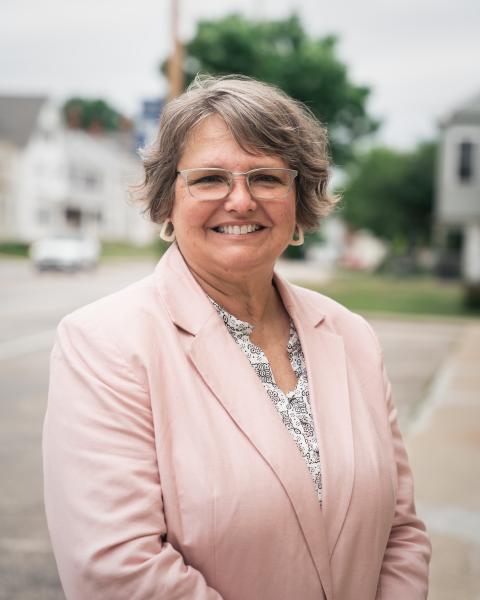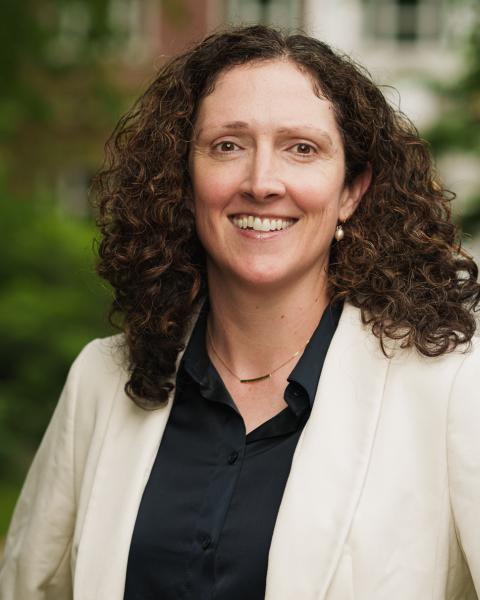Summer Reading Round Up - 2022
Summer reading conjures up a feeling of relaxation and enjoyment. Summer gives us more time and places to read. Many of us grab a book and head to the sunshine of the beach or sit along the shady banks of a nearby river. While we like a good mystery or historical fiction, we see this as a time to catch up on reading that informs our work. We are interested in new theories and practices to share with community leaders, volunteers, and our students. So, pick your favorite spot, grab a cool drink, and check out these books we are reading this summer.

We have challenging housing issues in our state and across the country. We hear about high rents, lack of quality housing, need for starter homes, and places to downsize. The new release, Fixer-Upper - How to Repair America’s Broken Housing Systems by Jenny Schuetz and Brookings Institution Press, provides a high-level look at the systems that got us here and may inform some solutions.
Peter Levine, widely known as a leader in civic engagement has a new book, What Should We Do? A Theory of Civic Life. So much of our work is based on the principles of local participation and democracy and this book looks to frame engagement and collective action for these times to better our communities.
Related but quite different is Dream Play Build - Hands-On Community Engagement for Enduring Spaces and Places by James Rojas and John Kamp from Island Press. This book is about active community participation in planning and development. It is a how-to guide for creative ways to bring people into decision-making – think building blocks instead of just discussion.
The House on Ipswich Marsh - Exploring the Natural History of New England by William Sargent is a lovely read about the Great Marsh spanning from Cape Ann MA to southern NH. Sargent shares the history and natural features of this salt marsh as told by stories from the four seasons.
Access to nature shapes many of our communities. In Downeast: Five Maine Girls and the Unseen Story of Rural America by Gigi Georges, we learn how the natural, economic, and cultural features of Washington County, ME impact the lives of five young women as they navigate challenges and determine their future paths.
Braiding Sweetgrass - Indigenous Wisdom, Scientific Knowledge, and The Teaching of Plants by Robin Wall Kimmerer highlights our reciprocal relationship with the natural world and shows how people and communities benefit from understanding and connecting with nature in a sustainable manner.
In At the End of Ceres Street: A Chef’s Salute to Portsmouth by Chef James Haller, we learn about how one restaurant, the Blue Strawberry, shaped the city’s development and renewal. While the story is specific to Portsmouth, NH, the themes are broadly applicable to the economic and community development goals of many places and demonstrate how engaged citizens and business owners can shape their communities.
Looking for a great read? Locally owned and operated bookstores are a wealth of knowledge and can introduce a reader to local authors that might be under the radar. Also, we recommend checking out one of our most important civic institutions – our public libraries. In our community work in NH cities and towns, we see the library as a civic, cultural, and community center. They are vibrant places for people to connect. Not sure where to find a library – check out this NH directory.


